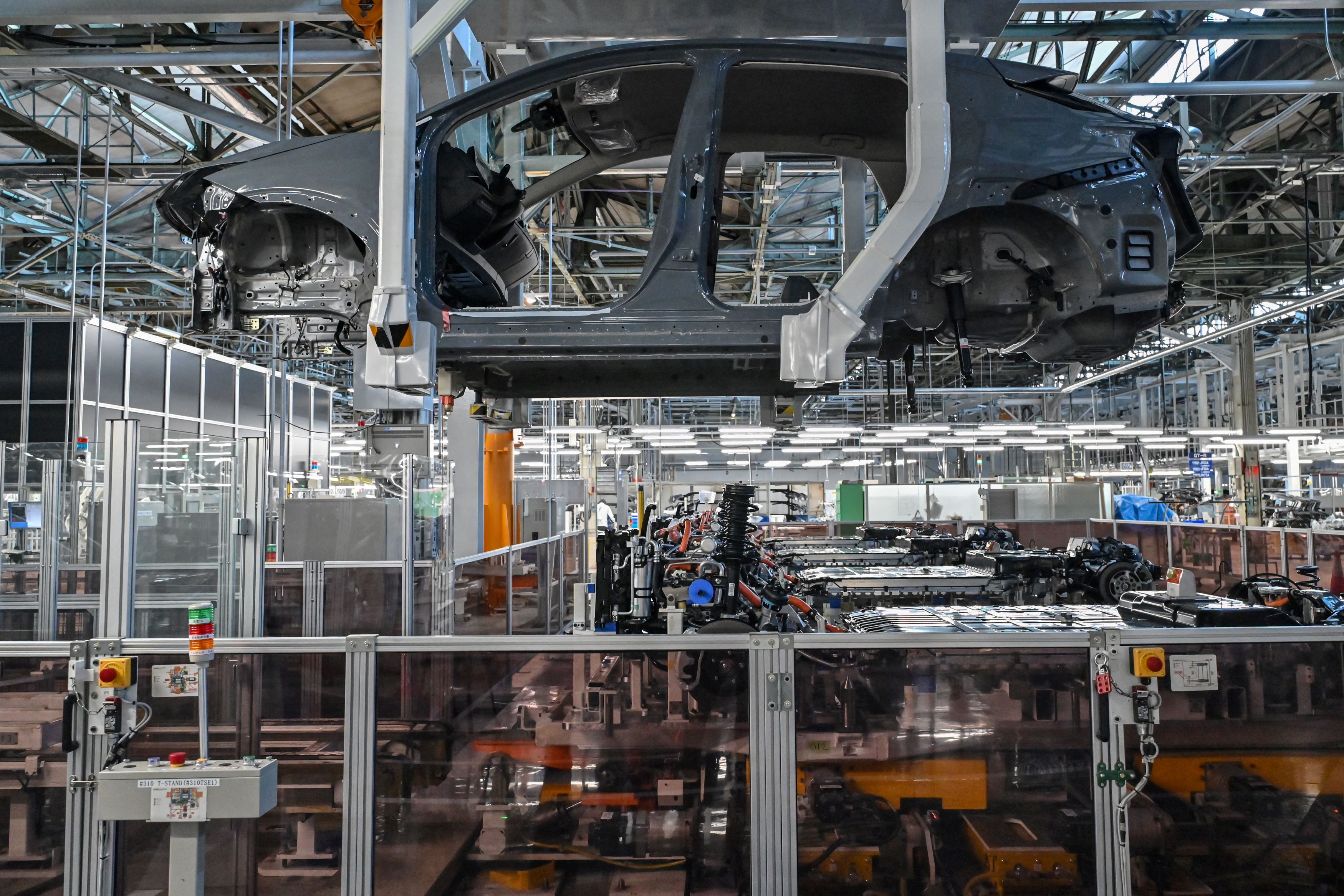
TOKYO - Japanese automakers Nissan Motor and Honda Motor are considering using standardized automotive software and working together on electric vehicle charging, the Nikkei newspaper said on Thursday, steps that could reduce their costs.
Nissan and Honda said in March that they were considering a strategic partnership on producing EV components as they seek to gain a greater foothold in the global market for battery-powered cars, which is expected to grow over the coming years.
ALSO READ: Nissan considering partnership with Honda on EVs, sources say
Japan's third- and second-biggest automakers were looking to jointly develop the operating system that controls cars in a bid to bring down costs, according to Nikkei, which did not say where it got the information.
Nissan and Honda declined to comment on the Nikkei report, but representatives of both automakers said the companies were exploring various collaborations
Nissan and Honda could also work together to boost charging infrastructure to increase their competitiveness in EVs, the Nikkei said, adding they are believed to be considering cooperating in six areas as part of their potential partnership.
They are open to working together in any region, both in Japan and overseas, Nissan CEO Makoto Uchida said in March.
ALSO READ: Chinese automaker BYD launches 3rd EV model in Japan
Nissan and Honda declined to comment on the Nikkei report, but representatives of both automakers said the companies were exploring various collaborations.
Nissan, which pioneered mass-market EVs with the Leaf in 2010, and Honda face a growing threat in the increasingly fierce global EV market, including from the likes of Tesla and Chinese and South Korean automakers.
Both Japanese automakers have been hit hard in key market China by consumers' shift to low-priced, software-loaded EVs produced by Chinese brands such as BYD.
READ MORE: Japan probes auto safety scandal
Nissan sold just over 50,000 EVs worldwide in the first five months of the year, accounting for 3.5 percent of its total worldwide sales of 1.4 million.
Honda sold 3,190 EVs in the first three months of 2024, making up 0.3 percent of its global retail sales of nearly 1 million vehicles over that period.


